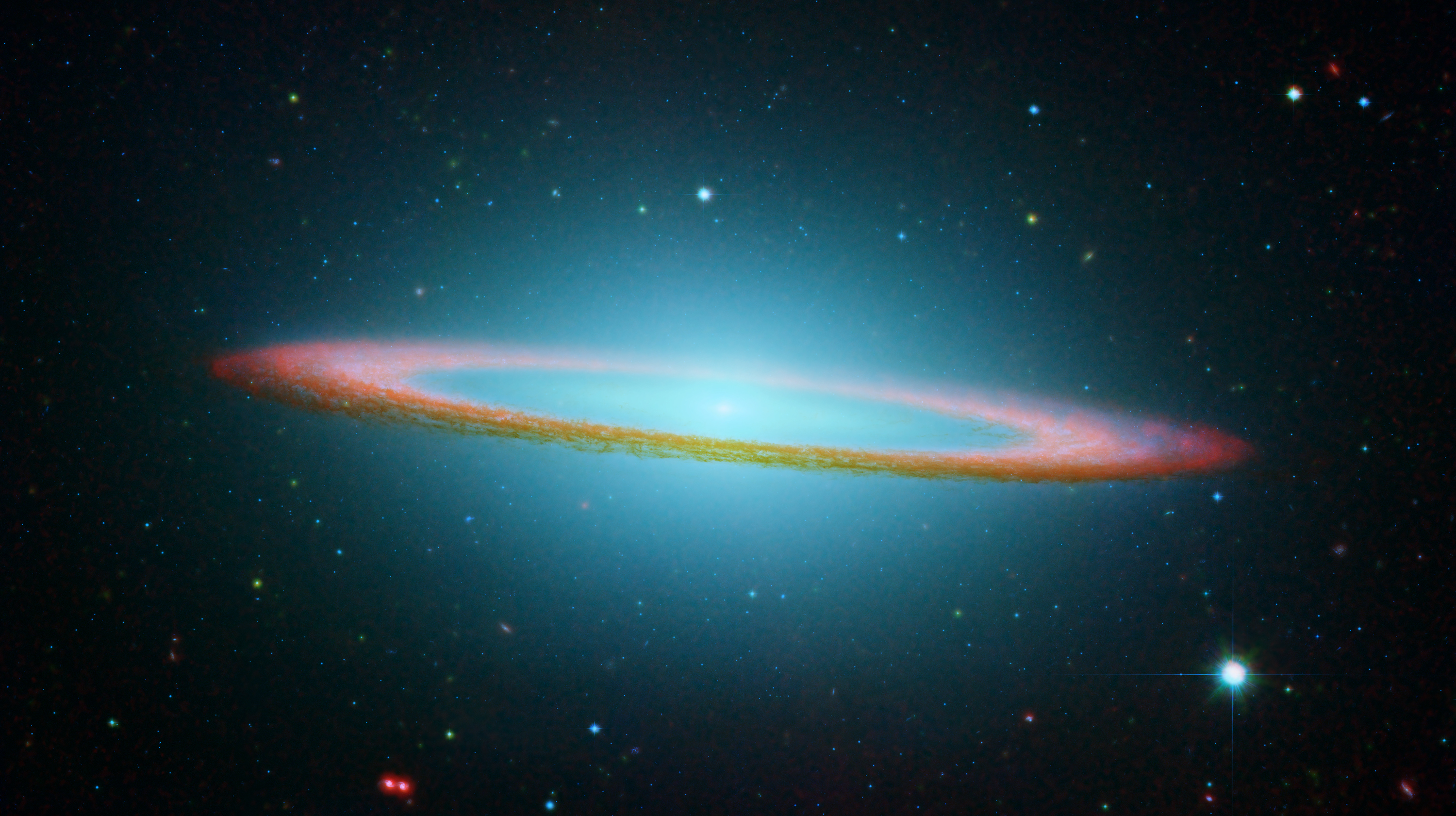History's Most Influential Scientists and Their Earth-Shattering Contributions
Throughout the course of human history, there have been minds that have truly stood out, individuals whose contributions have forever altered our understanding of the world and the universe at large. These epoch-making minds have not only shaped scientific thought, but also influenced every aspect of human life, from technology and medicine to philosophy and art. This article will delve into the lives and works of eighteen such influential scientists, exploring the profound impact they had on their respective fields and the world at large. As we journey through time and space, we will unravel the stories behind their groundbreaking discoveries and how they continue to shape our world today.
Isaac Newton
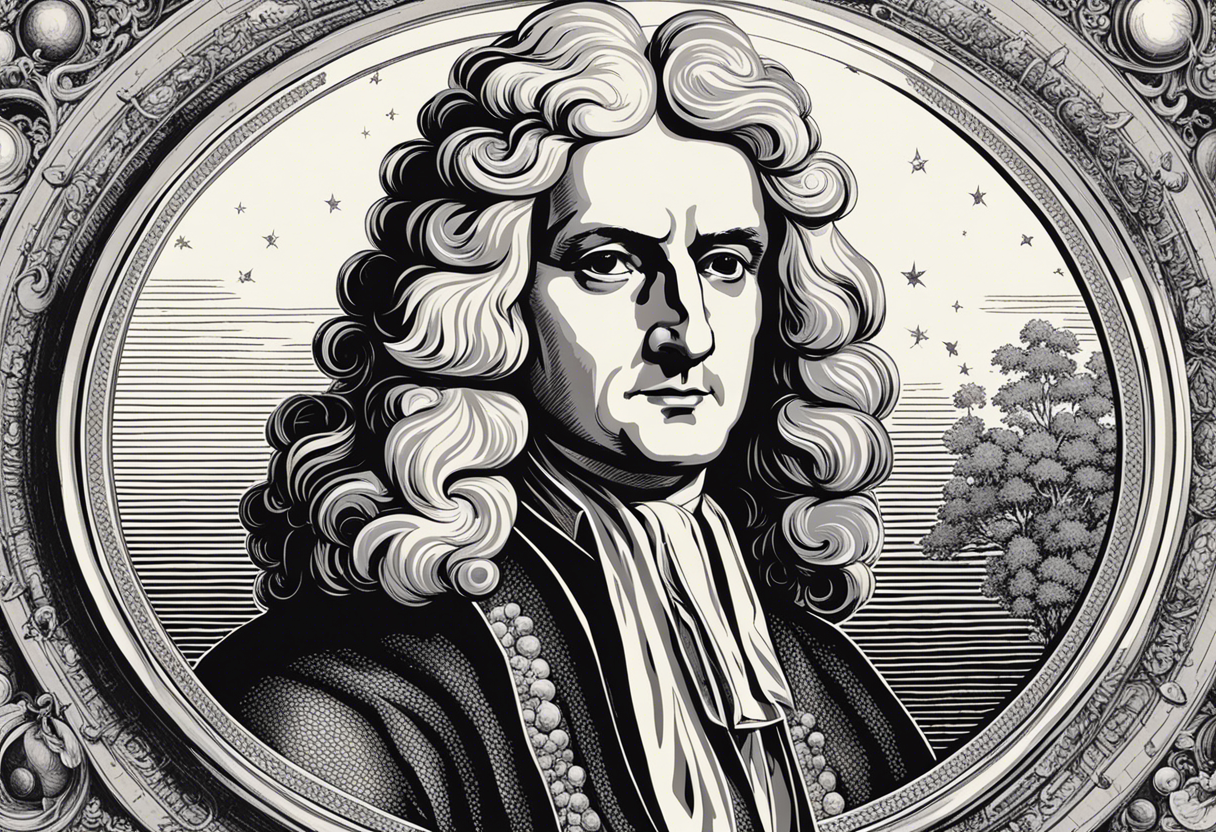
Sir Isaac Newton, one of the most influential scientists of all time, laid the foundation of classical physics. His laws of motion and universal gravitation revolutionized our understanding of the physical world. Newton's work, "Philosophiæ Naturalis Principia Mathematica," is considered one of the most important works in the history of science. His laws not only explained the motion of celestial bodies but also everyday objects on Earth, providing a unified theory that had been elusive for centuries.
Albert Einstein
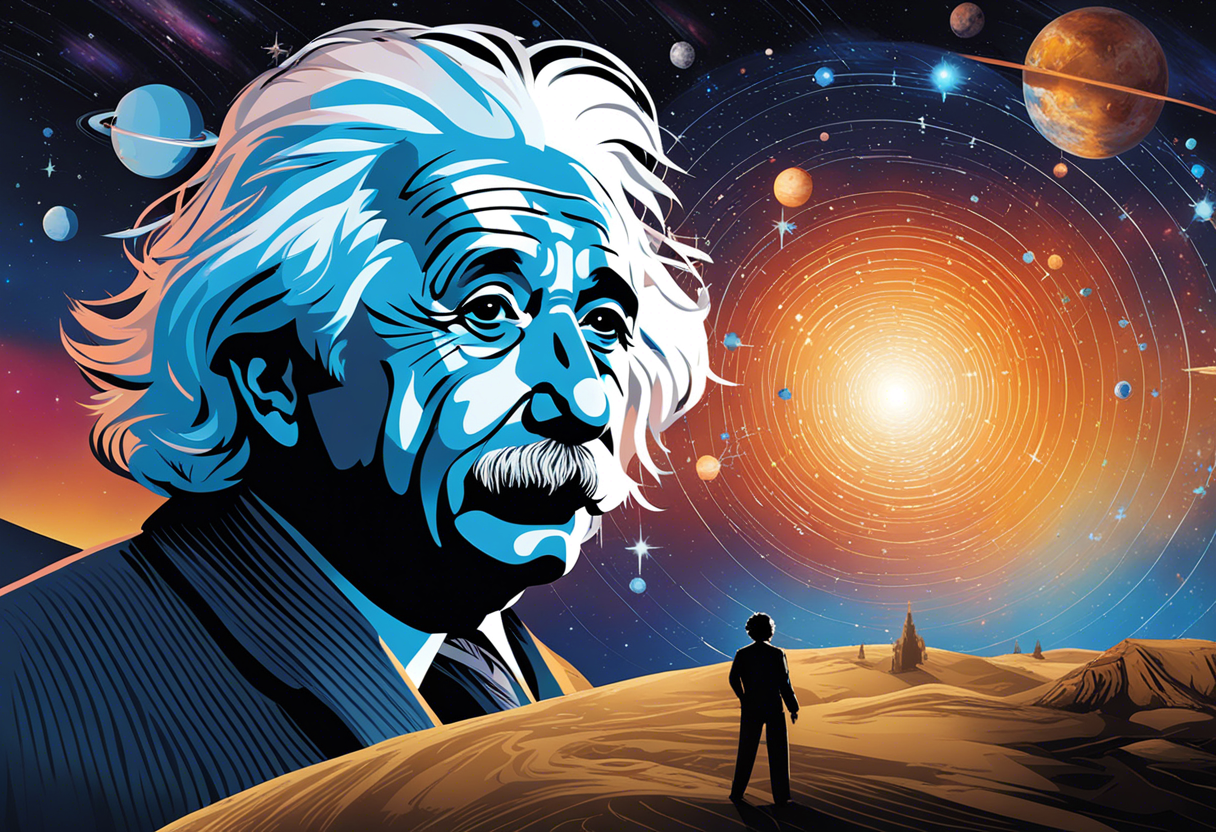
Albert Einstein, perhaps the most famous scientist in history, reshaped our understanding of space, time, and gravity with his theory of relativity. Einstein's famous equation, E=mc^2, demonstrated that energy and mass are interchangeable, a concept that revolutionized physics and led to the development of nuclear power and atomic weapons. Einstein's work continues to influence our understanding of the universe, and his theories are still being confirmed by experiments and observations today.
Charles Darwin
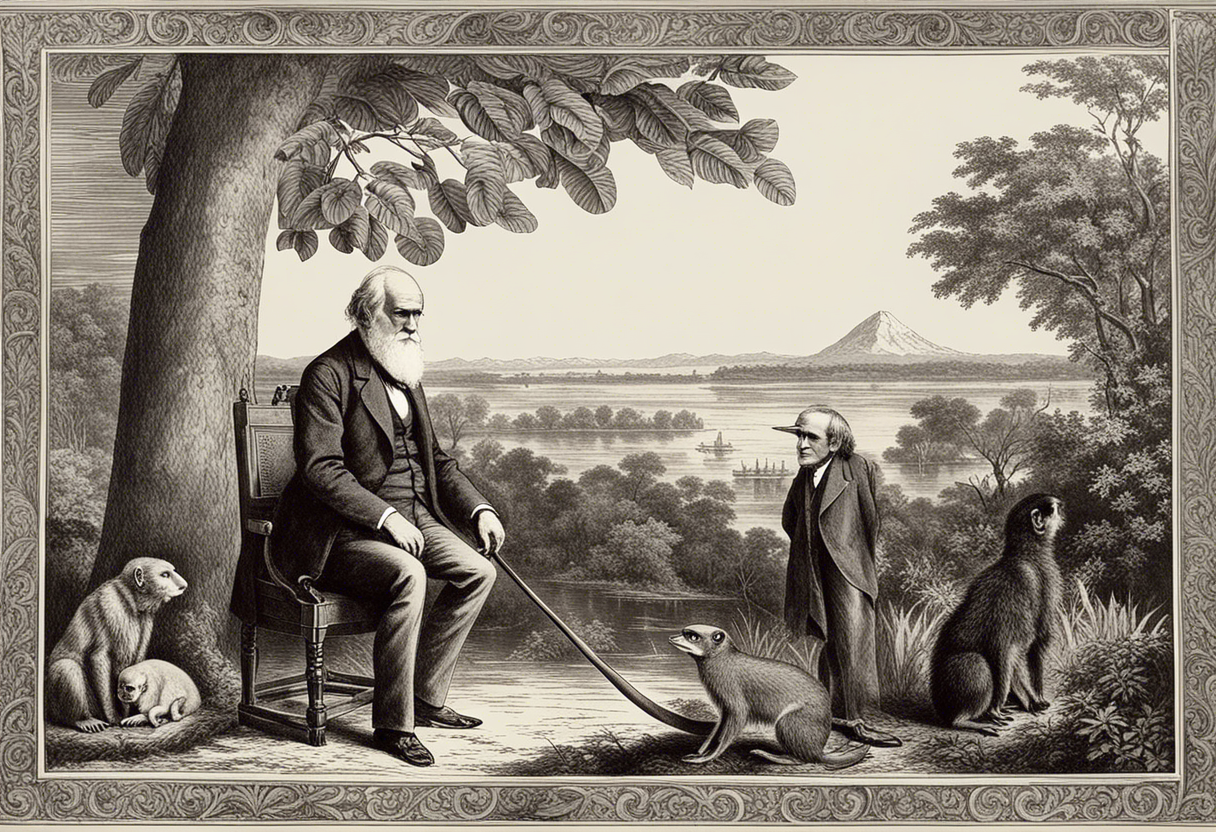
Charles Darwin, the father of evolutionary biology, introduced the concept of natural selection, forever changing our understanding of life on Earth. Darwin's "On the Origin of Species" argued that all species of life have descended over time from common ancestors, a theory that has become the foundation of modern evolutionary studies and has profound implications for the study of biology and medicine.
Galileo Galilei
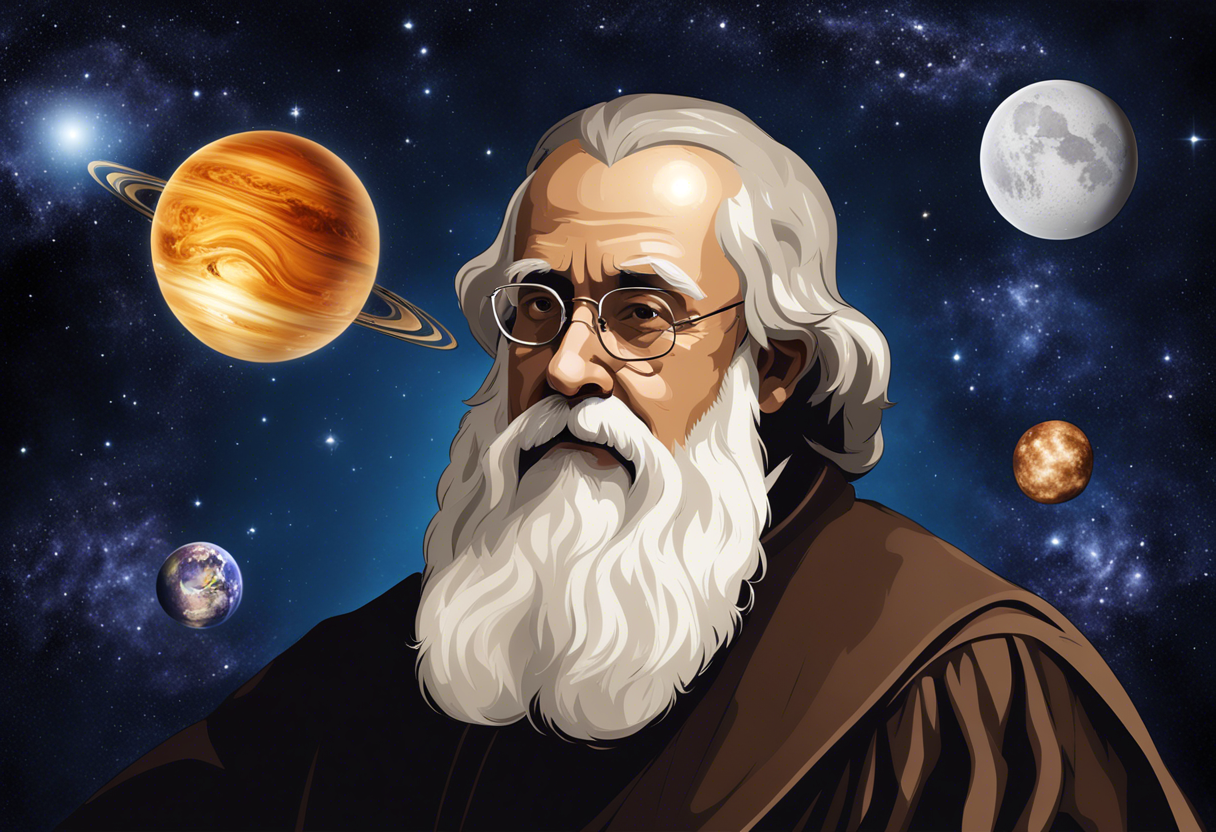
Galileo Galilei, often referred to as the "father of modern science," made significant contributions to the scientific revolution of the 17th century. His improvements to the telescope and consequent astronomical observations supported Copernican heliocentrism and led to his conflict with the Catholic Church. Galileo's work laid the foundation for modern physics and astronomy, and his approach to the scientific method has influenced the conduct of science to this day.
Marie Curie
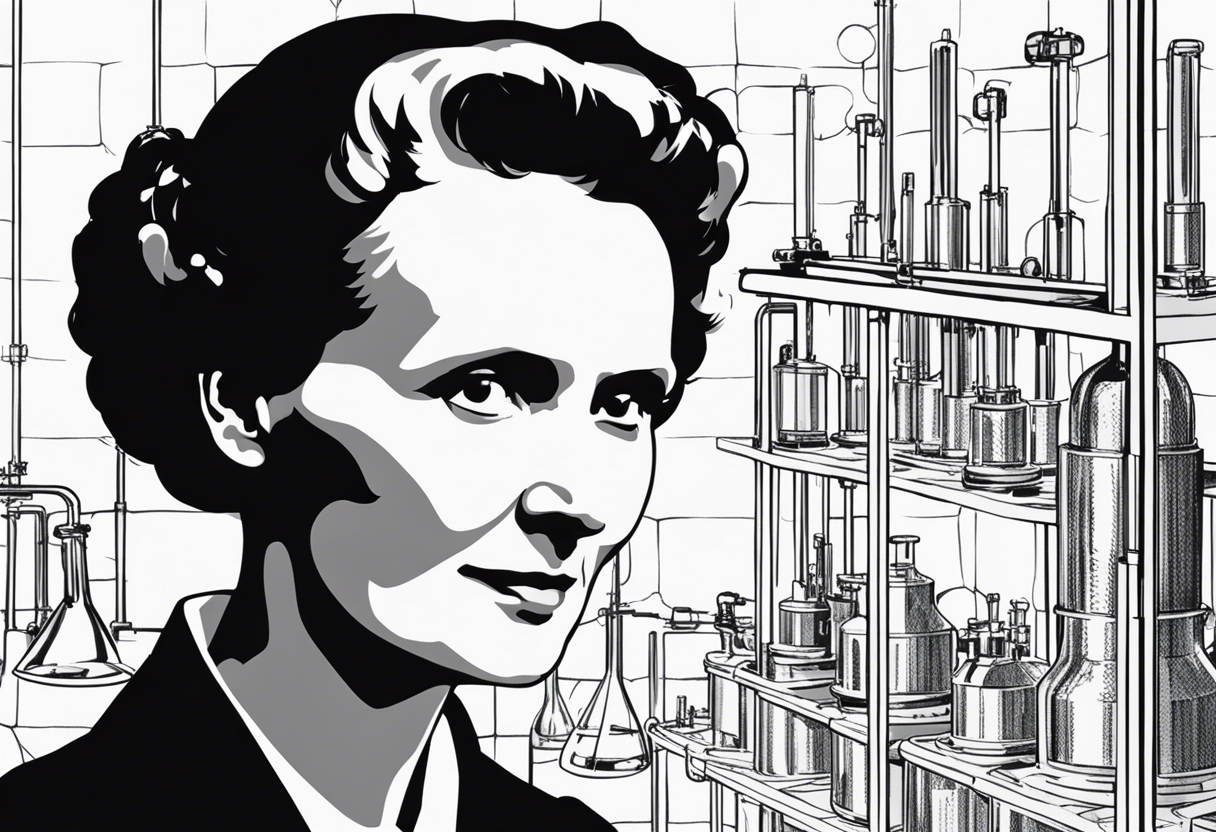
Marie Curie, a pioneer in the field of radioactivity, was the first woman to win a Nobel Prize and the only person to win the prestigious award in two different scientific fields—physics and chemistry. Curie's research led to the development of X-ray machines, and her work in the field of radioactivity has had a significant impact on the medical field, particularly in the treatment of cancer.
These eighteen epoch-making minds have not only revolutionized their respective fields but also shaped the world as we know it. Their contributions continue to influence scientific thought and have far-reaching implications, from how we understand the universe to how we treat diseases. Their stories remind us of the power of curiosity, perseverance, and sheer brilliance, and continue to inspire future generations of scientists and thinkers. As we look to the future, we can only imagine the new epoch-making minds that will emerge, ready to unravel the mysteries of our universe and beyond.




